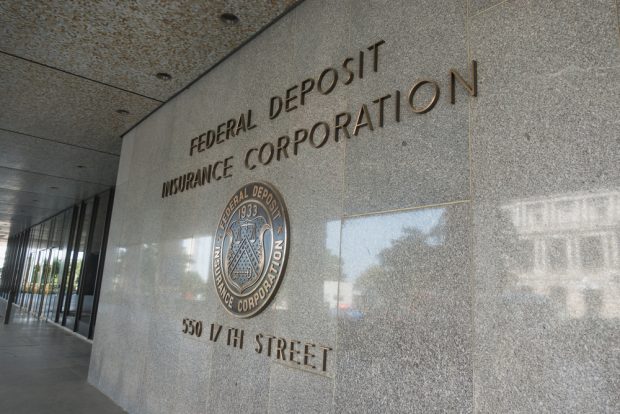WASHINGTON-Senator Harry Reid (D-Nev.) filed a motion to proceed with the bankruptcy reform legislation (S. 420/H.R. 333) conference to iron out the differences between the House and Senate bills last week. This should make way for the naming of conferees any time now, but opponents have other plans. Senator Paul Wellstone (D-Minn.), a long-time bankruptcy reform opponent, objected to the motion and a cloture motion was filed to limit debate NAFCU Senior Lobbyist Murray Chanow said. Debate on the cloture motion has been limited to three hours, two going to Wellstone. One thing in credit unions' favor is that the decision to place Sen. Joseph Biden (D-Del.) on the conference committee seems nearly sewn up, Hill lobbyists in contact with Biden's and Senate Majority Leader Tom Daschle's (D-S.D.) offices said. Biden, a member of the Judiciary Committee, has been a strong, Democratic bankruptcy reform supporter from the beginning. "He's been the most outspoken Democrat for bankruptcy reform," NAFCU's Chanow said. "His staff has indicated to us as recently as last week that they expect to be on the conference. Senator Daschle's staff has given us as much of a firm commitment as they can at this point," CUNA Senior Vice President of Governmental Affairs John McKechnie said. He pointed out that three times more Democrats voted for the bankruptcy reform bill back in March of this year than against the bill, adding that it would be "highly unusual and unfortunate if none of the conferees were pro-reform votes." While Daschle has the authority to name conferees and has been a strong supporter of the bill, Senate Judiciary Committee Chairman Patrick Leahy (D-Vt.), whose committee has jurisdiction over the legislation, voted for the bill but is not as strong a supporter. Leahy will have a great deal of influence on the conference committee picks. A source in Daschle's office told Credit Union Times they are confident conferees will be named by early this week. Originally, the committee was expected to be composed of three Democrats and two Republicans. Now the split is looking more like four to three or even five to four. House conferees will not be named until the Senate has named theirs. This could be a long while, as Wellstone, who feels the bill is overly harsh on bankruptcy filers and pro-industry, has vowed to filibuster every motion along the way, as many as six, but CUNA and NAFCU lobbyists say he does not have enough votes to sustain the parliamentary hurdles. Each objection will require a cloture motion to limit debate to 30 hours. A cloture motion requires a 60% vote in the Senate, which lobbyists are confident will be attainable. Following the debate under the cloture motion, assuming it passes as expected, Leahy is expected to file a typical procedural motion to take up the House bill and replace it with the Senate language. Chanow expects this motion by this Tuesday. The homestead provision, which does not affect credit unions directly, could still be a sticky issue between not only Republicans and Democrats, but also the House and Senate. -
© Touchpoint Markets, All Rights Reserved. Request academic re-use from www.copyright.com. All other uses, submit a request to [email protected]. For more inforrmation visit Asset & Logo Licensing.






